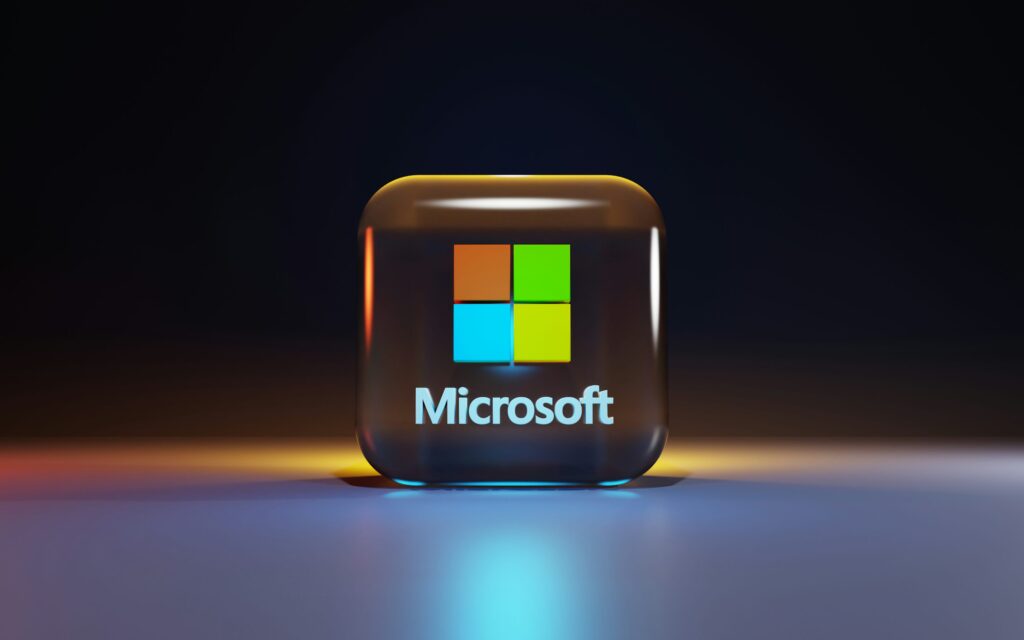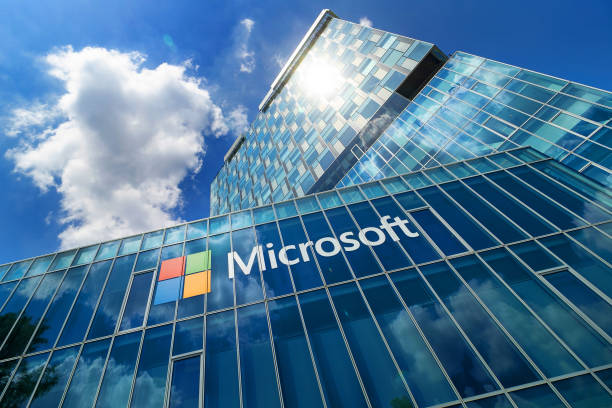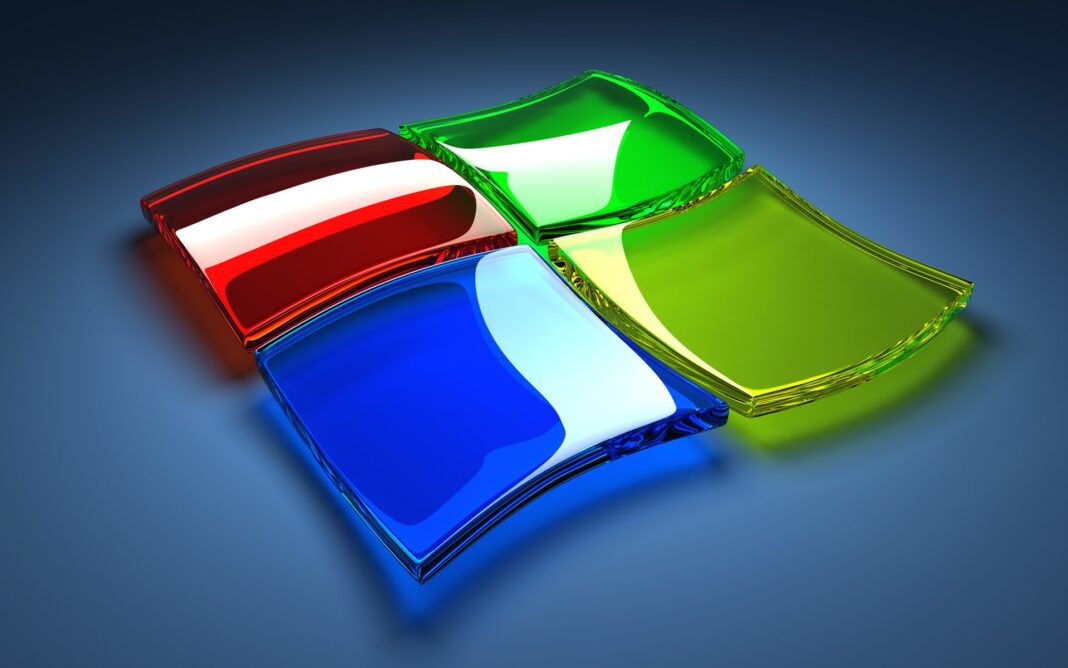Microsoft has had an incredible journey in the tech world, and as it celebrates its 50th anniversary, it’s important to assess its journey from a small software startup to undoubtedly one of the tech giants in the world. Founded by Bill Gates and Paul Allen in 1975, the company has shaped the modern computing landscape, introducing products that have become household names, from Windows OS to Office software.
The tech landscape is rapidly evolving, and Artificial Intelligence has become one of the most powerful technological tools for today and the future. However, it is important to scrutinize the tech company and evaluate whether it will maintain its dominance in the software space. From revolutionizing industries to making everyday tasks easier, AI is already reshaping how businesses operate, including Microsoft itself.
For tech enthusiasts in Ghana, Africa, and around the world, Microsoft’s anniversary presents an important question: Will AI continue to dominate and dictate Microsoft’s future innovations?

AI: The Driving Force of Microsoft’s Future
The rise of Artificial Intelligence has created a monumental shift in the tech industry. AI’s impact is so huge that companies that refuse to implement or imbibe it will be obsolete. The powerful tool not only changes how we interact with technology or software, but it has also become an everyday part of our lives, helping us in translating, decision-making, entertainment, and more. AI contains data that analyzes and presents facts to aid in business and day-to-day activities.
AI is embedded in Microsoft’s system and is at the core of its business strategy. Azure AI is one of the company’s most significant offerings. It allows businesses across the globe to integrate machine learning, data analytics, and other AI tools into their operations, enabling companies to make smarter decisions, improve customer experiences, and drive growth.
Microsoft is not just investing in AI for business but also for consumer-facing products. For example, Cortana, Microsoft’s AI-powered personal assistant, helps users with tasks ranging from setting reminders to controlling their smart home devices. Microsoft Teams, another product that has gained massive popularity, uses AI to enhance productivity, offering translations and transcriptions during meetings.
AI in Microsoft’s Products and Services
One of the major features of Microsoft’s AI strategy is how it integrates technologies into already existing products and services. The company has integrated AI into its Office tools, enhancing applications like Word, Excel, and PowerPoint. Features such as grammar suggestions and data analysis using machine learning save time and improve productivity while ensuring accuracy as well.
Azure, Microsoft’s cloud platform, also aids businesses in building AI solutions to accelerate their growth. This is done through chatbots and predictive analytics, a real-saver, especially in industries like healthcare and retail. For Ghanaian businesses, this can improve customer service and increase sales by automating tasks and predicting customer preferences.

Microsoft and AI will continue to work hand in hand for more innovations and efficient ways of performing tasks for decades and centuries to come.




